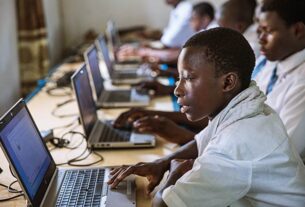Fri 27 June 2025:
Scientists in the UK have successfully converted plastic waste into the painkiller paracetamol using genetically modified bacteria, offering a potential solution to both plastic pollution and fossil fuel dependence.
Researchers from the University of Edinburgh developed a method to break down PET plastics—commonly used in bottles and food packaging—and produce paracetamol from the resulting material.
In this process, genetically engineered Escherichia coli (E. coli) bacteria were used. When fed with the broken-down plastic material, the bacteria first converted it into an organic compound called PABA, and then into paracetamol.
__________________________________________________________________________

https://whatsapp.com/channel/0029VaAtNxX8fewmiFmN7N22
__________________________________________________________________________
RARE REACTION ACHIEVED INSIDE LIVING CELLS
The chemical reaction known as Lossen rearrangement, normally only possible under harsh laboratory conditions, was successfully carried out inside living cells at room temperature without needing extra energy.
Two new genes, sourced from fungi and soil bacteria, were added to the bacteria, enabling the direct conversion of plastic-derived material into the painkiller.
HIGH EFFICIENCY IN JUST 24 HOURS
According to the study, E. coli converted PET plastic into paracetamol with a 92% efficiency in under 24 hours.
The findings were published in the scientific journal Nature Chemistry. The low-energy nature of the process is a significant advantage for sustainability.
BENEFITS FOR BOTH ENVIRONMENT AND HEALTH
Lead author Prof. Stephen Wallace highlighted that many people are unaware paracetamol is usually produced from petroleum, saying:
“This technology combines chemistry and biology to offer a cleaner production model. We can produce medicine while protecting the environment at the same time.”
While more research is needed to scale up the process industrially, scientists believe the method could be adapted to other types of plastics and bacteria.
Agencies and A News
__________________________________________________________________________
FOLLOW INDEPENDENT PRESS:
WhatsApp CHANNEL
https://whatsapp.com/channel/0029VaAtNxX8fewmiFmN7N22
![]()
TWITTER (CLICK HERE)
https://twitter.com/IpIndependent
FACEBOOK (CLICK HERE)
https://web.facebook.com/ipindependent
YOUTUBE (CLICK HERE)
https://www.youtube.com/@ipindependent
Think your friends would be interested? Share this story!





